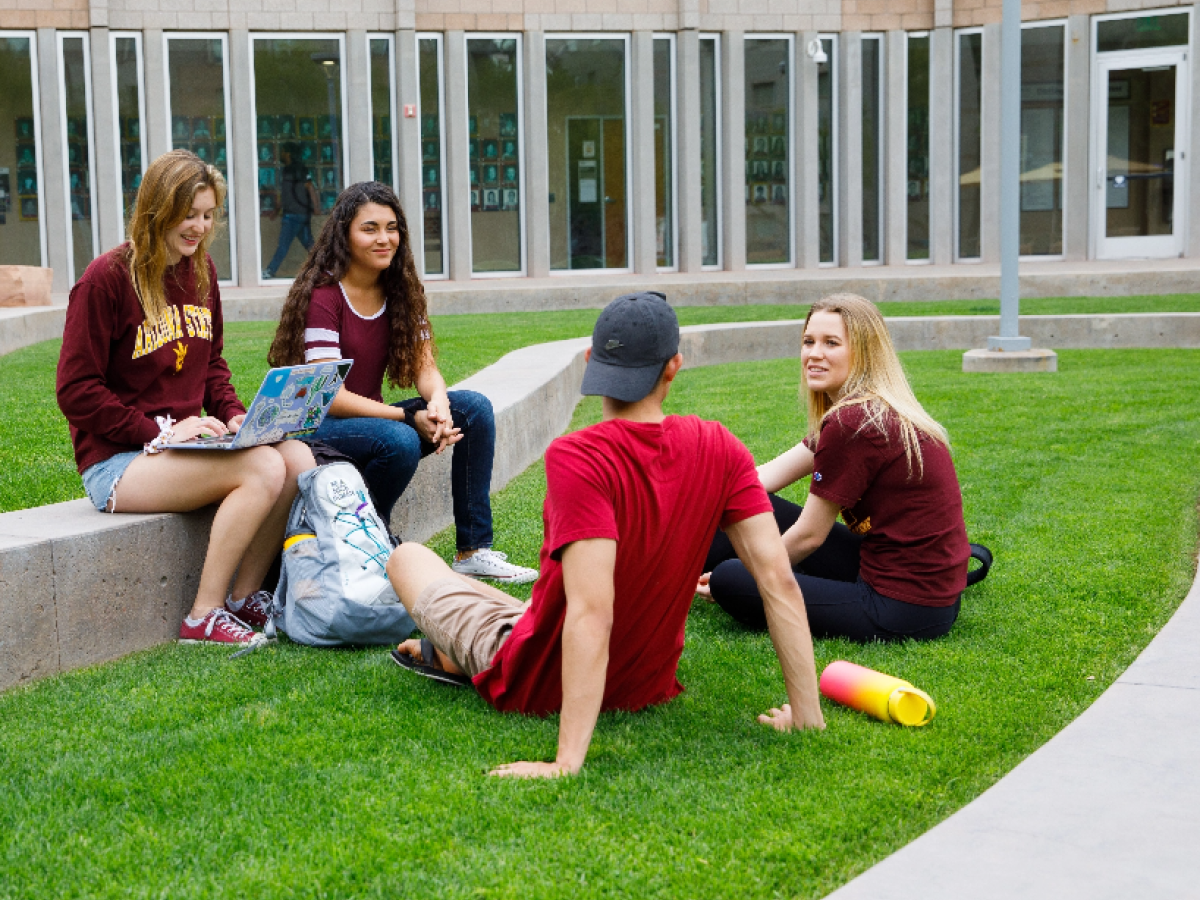
Wellness Information
Set S.M.A.R.T. Wellness Goals
Setting and pursuing wellness goals is a great way to improve your health and well-being. Goals serve as a guide to achieve something you desire. A simple goal might state:
I will get more sleep.
S.M.A.R.T. goals include details that can help you plan how you will reach your goal within a time-frame, and measure your accomplishments.

Wellness Topics
Wellness is being aware of your choices and making decisions toward a more balanced and healthy lifestyle. Taking care of your emotional well-being, physical well-being, relationships and community are key factors to living well, better health and thriving communities.
The dimensions of wellness are interrelated. Nearly all actions you take toward wellness will have an effect on more than one dimension. Likewise, actions you take or neglect in one area of wellness will impact other areas.
Take steps to wellness in all areas for better progress in emotional well-being, physical well-being, relationships and community.
Emotional Well-being
Discovering wellness by recognizing, experiencing and expanding how we perceive, think and feel.
Physical Well-being
Discovering wellness by being aware of and valuing the physical self and optimizing well-being through active living, healthy eating, responsible choices and self-care.
Relationships and Community
Discovering wellness by developing a sense of belonging through relationships, care for the environment and community investment.

Spring Break
A week of recess from college during March or April is a longstanding tradition. Spring Break provides relief from academic studies, time to catch up, travel, enjoy time with friends and family, give back to the community or just enjoy the pleasure of sleeping in.
It is no secret that health contributes to academic success. Yet, academic, work, social and personal demands can be overwhelming, undoing our efforts to maintain a healthy lifestyle. Spring Break provides an excellent opportunity to recommit to wellness.